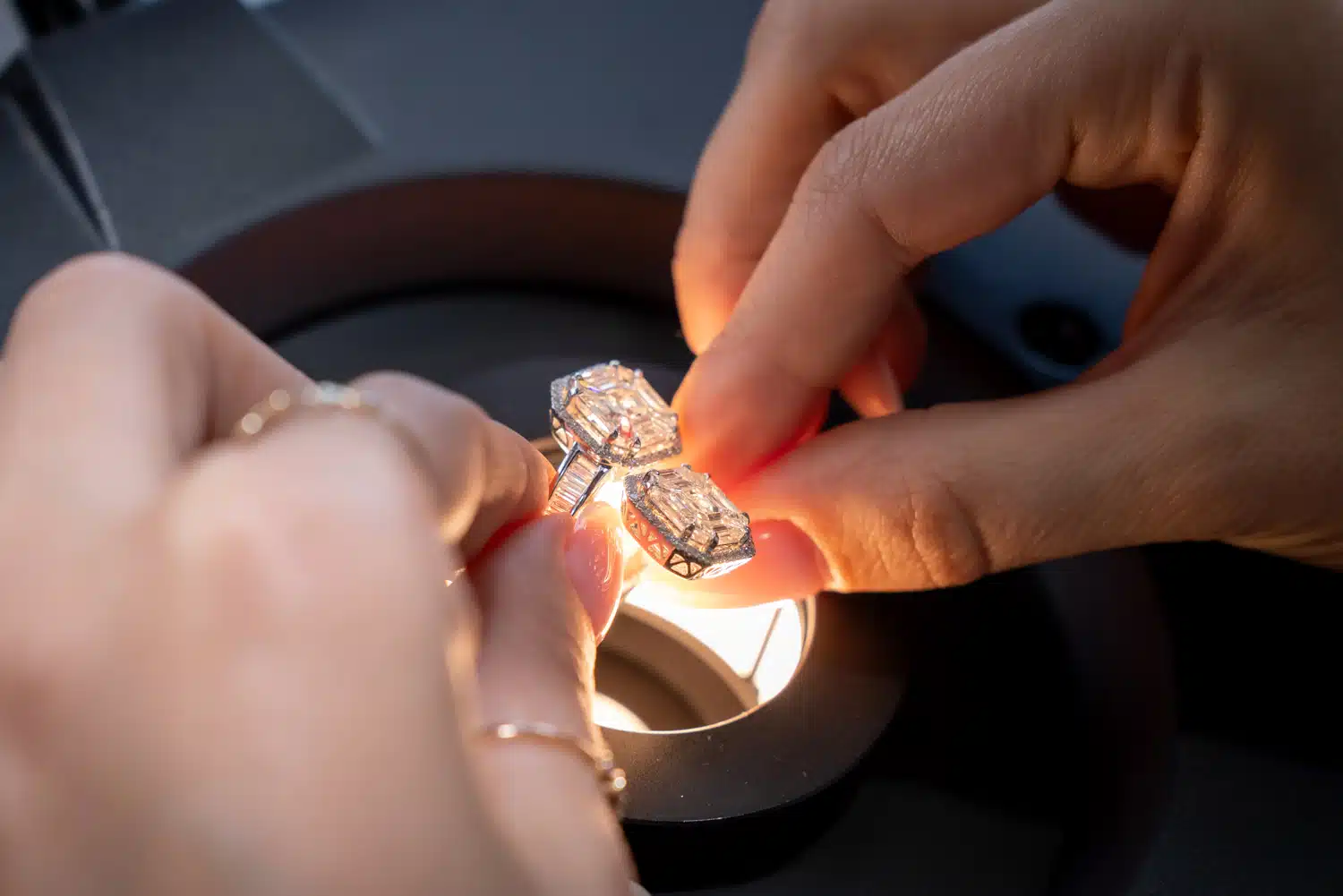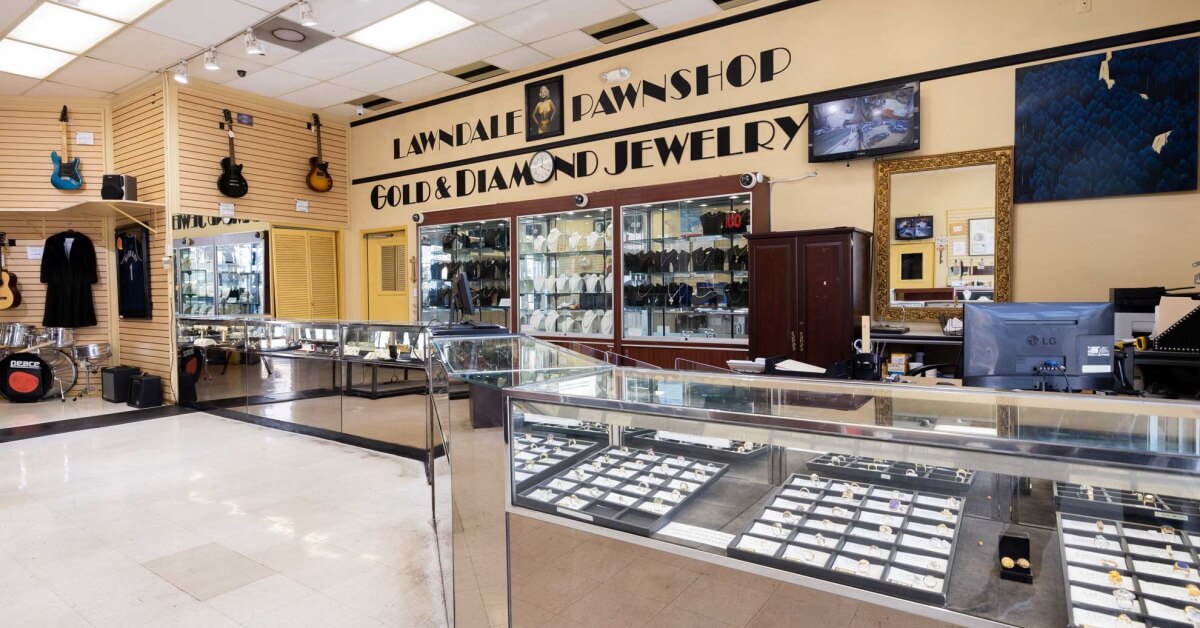How Pawn Shops Work: A Comprehensive Guide
Understanding the Pawn Shop Process
How pawn shops work operate on a simple premise: they provide short-term loans to individuals in exchange for personal property. Here’s a breakdown of the process:
1. Pawn or Sell
When someone needs cash, they bring an item of value to the pawn shop. This could be anything from jewelry and electronics to firearms and collectibles. The pawn shop evaluates the item and offers a loan based on its value.
- Pawn: If the person agrees to the loan terms, they leave the item with the pawn shop and receive the loan amount in cash. The item serves as collateral for the loan.
- Sell: Alternatively, the individual can choose to sell the item outright. In this case, they receive cash for the item and forfeit any claim to it.
2. Loan Terms and Interest Rates
The pawn shop sets the terms of the loan, including the amount borrowed, the interest rate, and the repayment period. Interest rates can vary widely, and they are often higher than traditional bank loans due to the high-risk nature of the transaction.
- Repayment Period: Most pawn shops offer a repayment period ranging from 30 days to several months. If the borrower repays the loan plus interest within the agreed time, they can retrieve their item.
- Interest Rates: These rates are typically regulated by state laws, but they can still be substantial compared to other lending options.
3. Default and Forfeiture
If the borrower fails to repay the loan within the agreed period, the pawn shop keeps the item and may sell it to recover the loan amount. In many cases, the borrower can renew or extend the loan, though this will usually incur additional fees.
- Forfeiture: When the borrower defaults, they forfeit their right to reclaim the item, which becomes the pawn shop’s property.
- Selling the Item: The pawn shop will then put the item up for sale in their store, often at a price higher than the loan amount but still lower than the item’s retail value.
Types of Items Handled by Pawn Shops
Pawn shops handle a wide variety of items. Common categories include:
1. Jewelry and Watches
Jewelry is one of the most frequent items pawned. Precious metals and gemstones are easily evaluated and can be quickly turned into cash. Watches, especially those from well-known brands, also hold significant value.
2. Electronics
Items such as gold buyers Melbourne, laptops, and gaming consoles are popular pawns. Electronics are in high demand and can be resold relatively quickly, making them valuable for pawn shops.
3. Collectibles and Antiques
Pawn shops often deal in collectibles like coins, stamps, art, and antiques. These items may have significant value depending on their rarity and condition.
4. Firearms
In some states, pawn shops are licensed to handle firearms. These items are subject to additional regulations and background checks, but they can be a valuable asset in the pawn shop business.
Benefits of Using Pawn Shops
Pawn shops offer several benefits for both individuals seeking loans and those looking for deals.
1. Quick Access to Cash
One of the primary advantages of pawning items is the speed with which cash can be obtained. Unlike traditional loans, which may require extensive paperwork and credit checks, pawn shop transactions are typically completed within minutes.
2. No Credit Check
Pawn shops do not require a credit check, making them an attractive option for individuals with poor credit or no credit history. The loan is secured by the value of the item rather than the borrower’s creditworthiness.
3. Flexible Loan Terms
Pawn shops often offer flexible loan terms and repayment options. Borrowers can sometimes negotiate terms or extend the loan period if needed.
4. Opportunity to Buy Discounted Items
For buyers, pawn shops provide an opportunity to purchase valuable items at a lower price than retail. This can be especially beneficial for those looking for unique or high-quality goods on a budget.
Drawbacks of Using Pawn Shops
While pawn shops offer many benefits, there are also potential drawbacks to consider.
1. High Interest Rates
Interest rates on pawn loans can be significantly higher than traditional lending options. This can make it challenging for borrowers to repay the loan and retrieve their item without incurring additional costs.
2. Risk of Losing Items
If the borrower cannot repay the loan, they risk losing their item permanently. This can be particularly distressing for sentimental or valuable possessions.
3. Limited Loan Amounts
Pawn shops typically offer loans based on a fraction of the item’s value. Borrowers may find that the loan amount is less than they need, requiring them to either accept a smaller loan or provide additional collateral.
4. Regulatory Variations
Pawn shop regulations vary by state, and some areas have stricter controls than others. It’s essential to understand local regulations and terms before engaging with a pawn shop.
Conclusion
Pawn shops play a unique role in the financial landscape by offering quick access to cash and opportunities to purchase discounted items. While they provide valuable services, it’s important for individuals to understand the terms, interest rates, and potential risks involved. By doing so, they can make informed decisions about whether pawning or purchasing from a pawn shop aligns with their financial needs and goals.











